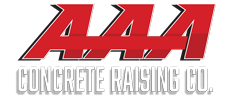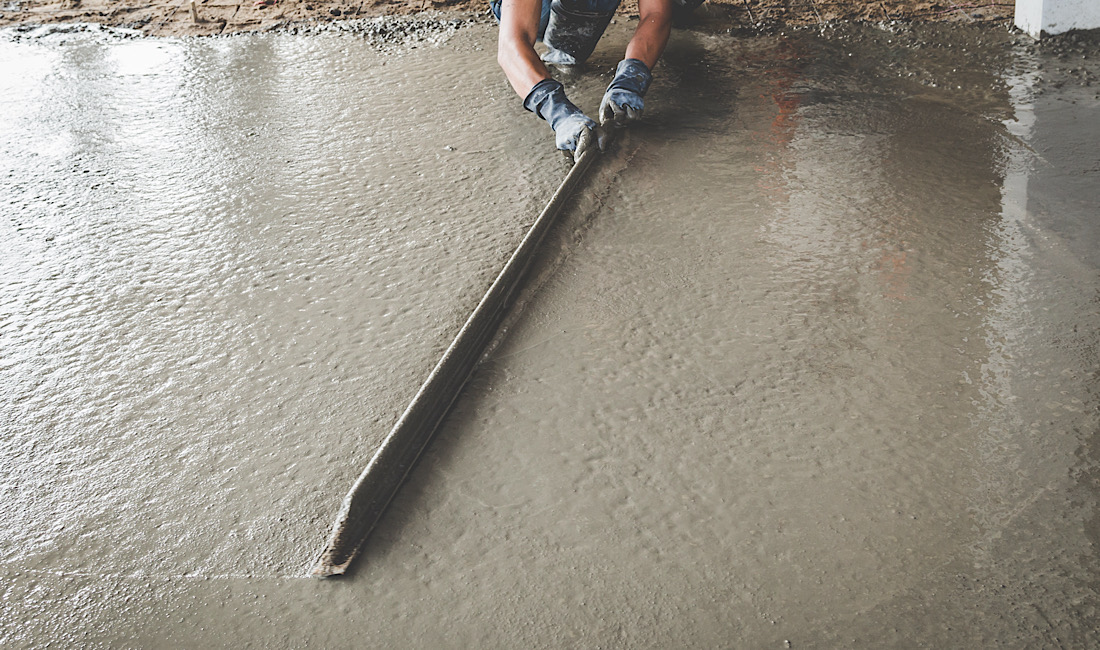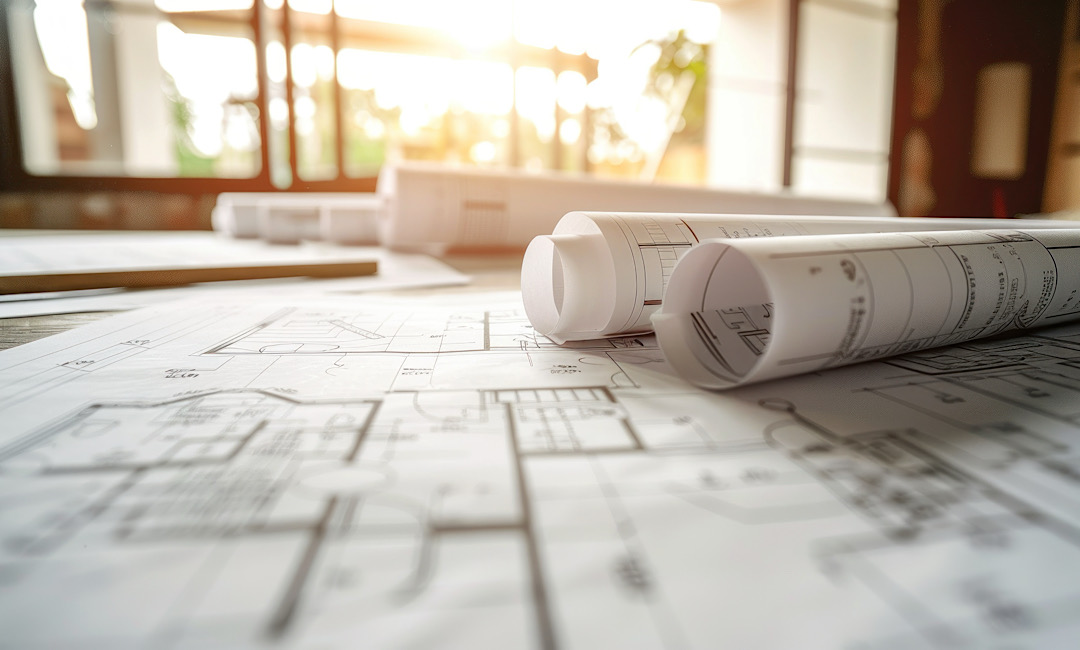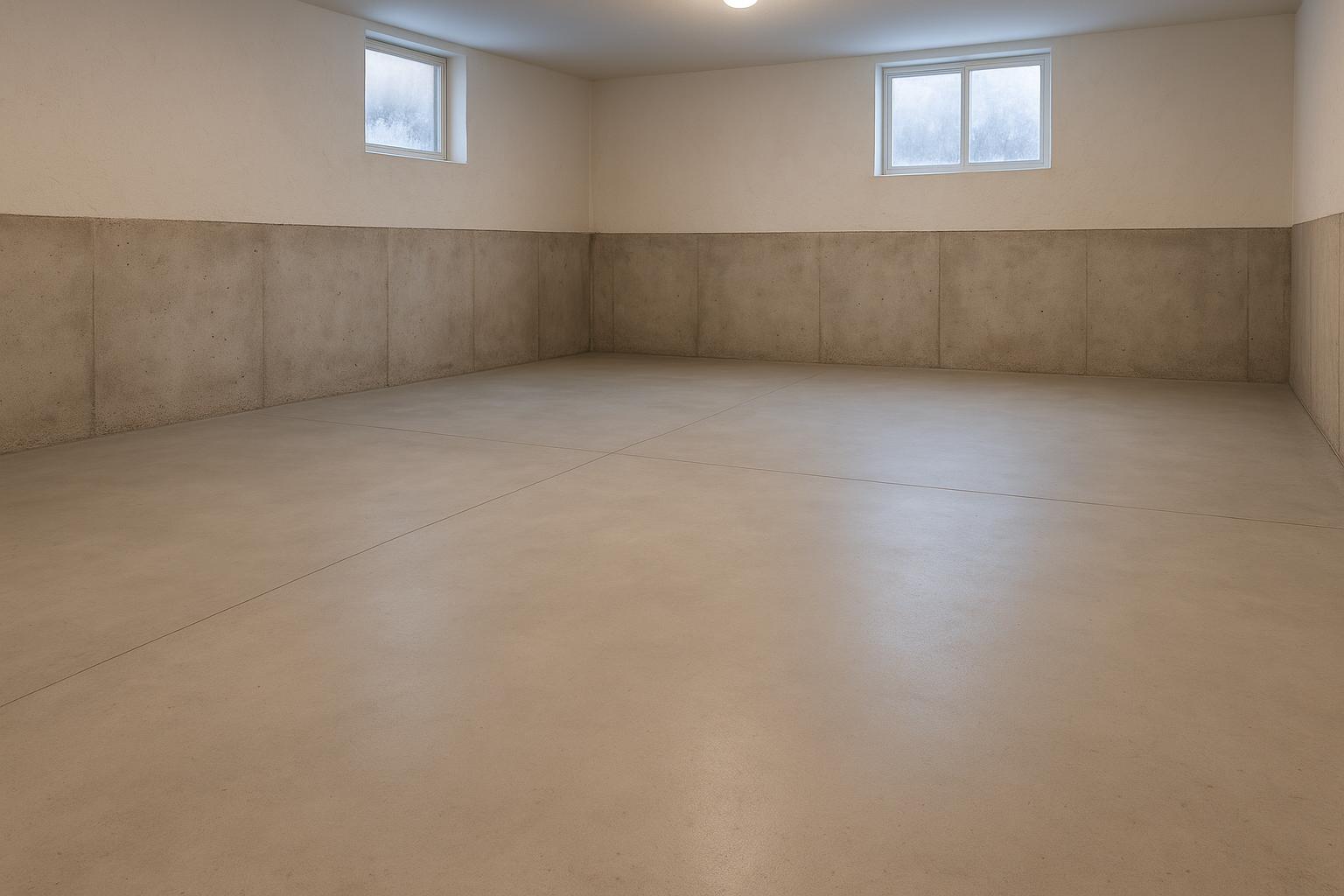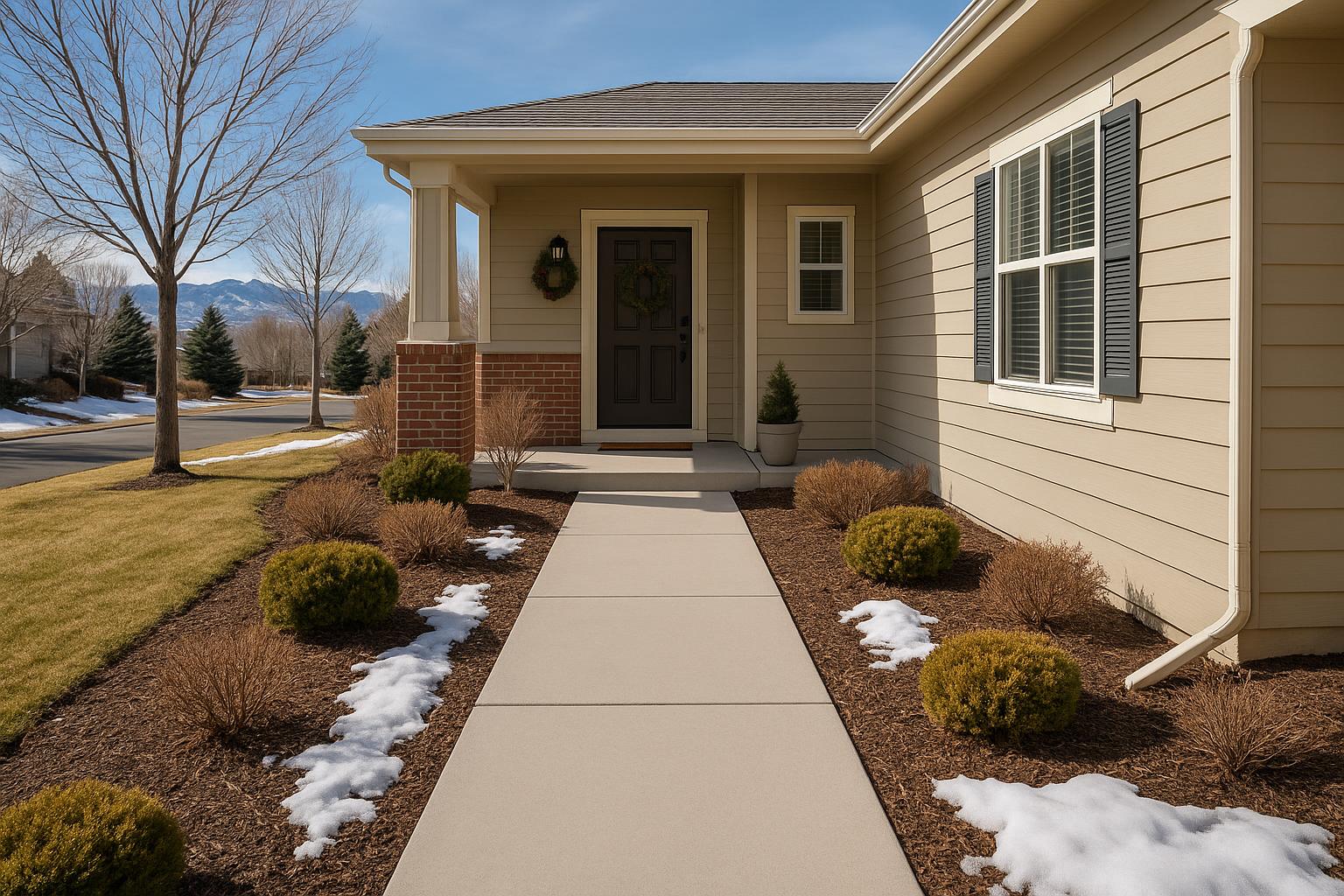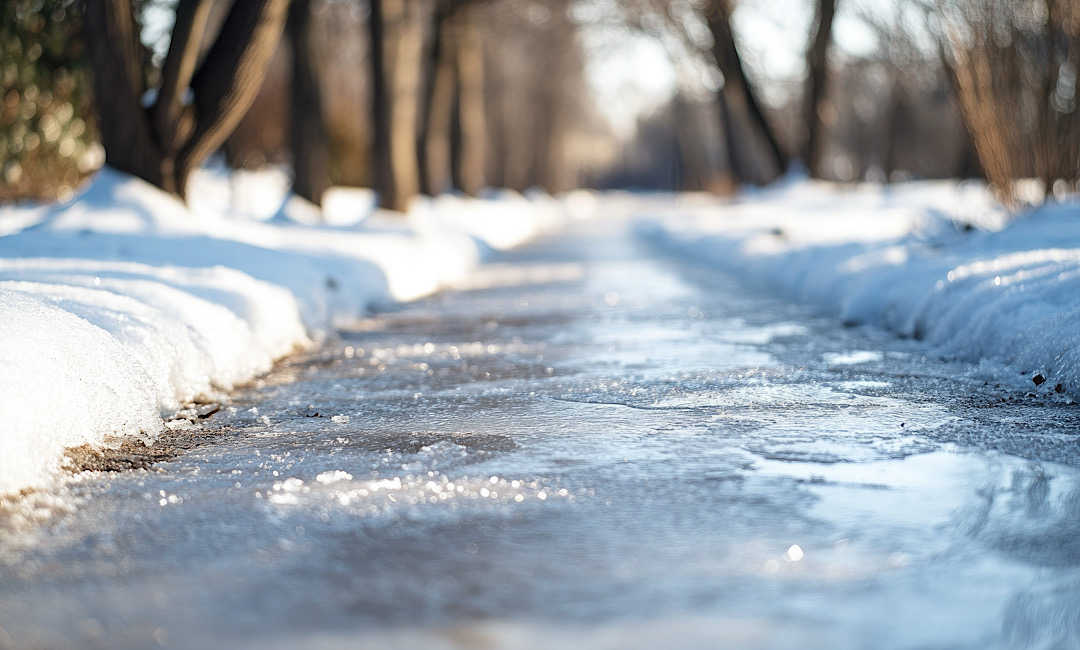Denver homeowners and businesses often notice uneven or sunken concrete surfaces after the harsh winter season. While spring rains may seem like the right time to address these issues, winter is actually the optimal time to consider concrete raising. Taking action before spring brings several advantages, such as mitigating the effects of heavy rainfall, ensuring safety, and preparing your property for the busy outdoor months ahead.
Concrete raising, including mudjacking and polyurethane foam injection, is an effective, cost-efficient solution to restore the integrity and functionality of sunken slabs. Addressing these issues before spring can save money, enhance safety, and prevent further damage to your property.
Why Winter Is the Perfect Time for Concrete Raising
Winter in Denver provides a unique opportunity to repair sunken or uneven concrete before the ground becomes saturated with spring rain. Here’s why winter works well for these repairs:
Stabilized Ground Conditions
During winter, the ground beneath concrete slabs is more stable. The absence of moisture from snowmelt or spring rain ensures that repairs are effective and long-lasting.
Minimized Moisture Content: Concrete raising works best when the soil under the slab is dry. Excess moisture can complicate the lifting process and reduce the durability of the repair.
Effective Adhesion: Mudjacking and polyurethane injection materials adhere better to dry surfaces, creating a more stable foundation.
Cost and Scheduling Advantages
Winter is typically a slower season for outdoor repairs, making it easier to schedule your concrete raising project at a time that works for you. Many contractors offer competitive pricing during this period, allowing homeowners to save money while addressing critical issues.
Avoid Spring Repair Rush: Contractors often face a surge in demand once spring arrives, potentially leading to higher costs and longer wait times.
Maximized Availability: Winter repairs mean you can secure a convenient appointment without competing with others.
Preventing Spring Damage
Sunken concrete left unaddressed over the winter can worsen once the spring rains hit. Excess water can further erode the soil beneath the slab, leading to additional settling or cracking. By fixing your concrete in the winter, you prevent:
Soil Erosion: Water pooling beneath slabs during spring exacerbates sinking and instability.
Foundation Damage: Adjacent structures, such as garages, patios, or driveways, may experience structural issues due to unchecked concrete settling.
Trip Hazards: Early repairs reduce the risk of injuries caused by uneven surfaces.
Benefits of Concrete Raising for Denver Properties
Concrete raising offers significant advantages compared to full slab replacement, making it the preferred choice for many Denver residents.
Cost-Effective Solution
Raising concrete is considerably more affordable than replacing an entire slab. Mudjacking, for example, uses a slurry mixture to lift the concrete back into place, restoring functionality without the need for demolition. Similarly, polyurethane foam injection is a quick, durable alternative that costs less than full replacement.
Environmentally Friendly Option
By reusing existing concrete slabs, concrete raising minimizes waste. This eco-friendly approach reduces the environmental impact of repairs, making it a sustainable choice for property owners.
Minimal Disruption
Concrete raising is a fast process, often completed in a single day. The techniques used do not require heavy equipment, ensuring that your property remains clean and accessible throughout the repair.
Long-Lasting Results
Both mudjacking and polyurethane injection create a stable foundation for your concrete slabs, ensuring repairs last for years. These methods effectively address underlying soil issues, preventing future sinking.
The Role of Mudjacking in Winter Repairs
Mudjacking, a popular method for raising sunken concrete, involves injecting a slurry mixture beneath the slab to lift it back to its original position. This method is especially effective for winter repairs in Denver due to:
Durability in Cold Weather: The slurry material used in mudjacking is unaffected by freezing temperatures, allowing for successful application during winter months.
Adaptability: Mudjacking can be used for various surfaces, including driveways, sidewalks, patios, and garages.
For property owners seeking an efficient, reliable solution, mudjacking is a proven technique that offers immediate results.
Preparing for Spring with Winter Repairs
Repairing sunken concrete in winter ensures your property is ready for spring, a time when outdoor spaces are heavily used. Taking early action allows you to enjoy the benefits of a safer, more attractive environment as the weather warms.
Enhancing Curb Appeal
Spring is a popular time for home improvement, and repairing your concrete before this busy season gives your property a polished look. Smooth, even surfaces make a positive impression on visitors and potential buyers.
Preventing Water Drainage Issues
Uneven concrete surfaces can disrupt proper water drainage, leading to pooling and potential damage to landscaping or nearby structures. Addressing these problems in winter ensures effective water flow when spring rains arrive.
Improving Safety
Sunken or uneven concrete poses a significant safety risk, particularly in high-traffic areas like driveways and walkways. Fixing these hazards during winter reduces the risk of slips and falls, protecting your family, visitors, and customers.
Trust AAA Concrete Raising for Your Winter Repairs
AAA Concrete Raising specializes in mudjacking and other concrete raising techniques tailored to Denver’s unique climate. With years of experience serving local homeowners and businesses, our team understands the challenges of winter repairs and provides efficient, cost-effective solutions.
Don’t wait for spring rains to exacerbate your concrete issues. Contact AAA Concrete Raising today to schedule your winter repair and ensure your property is ready for the season ahead.
